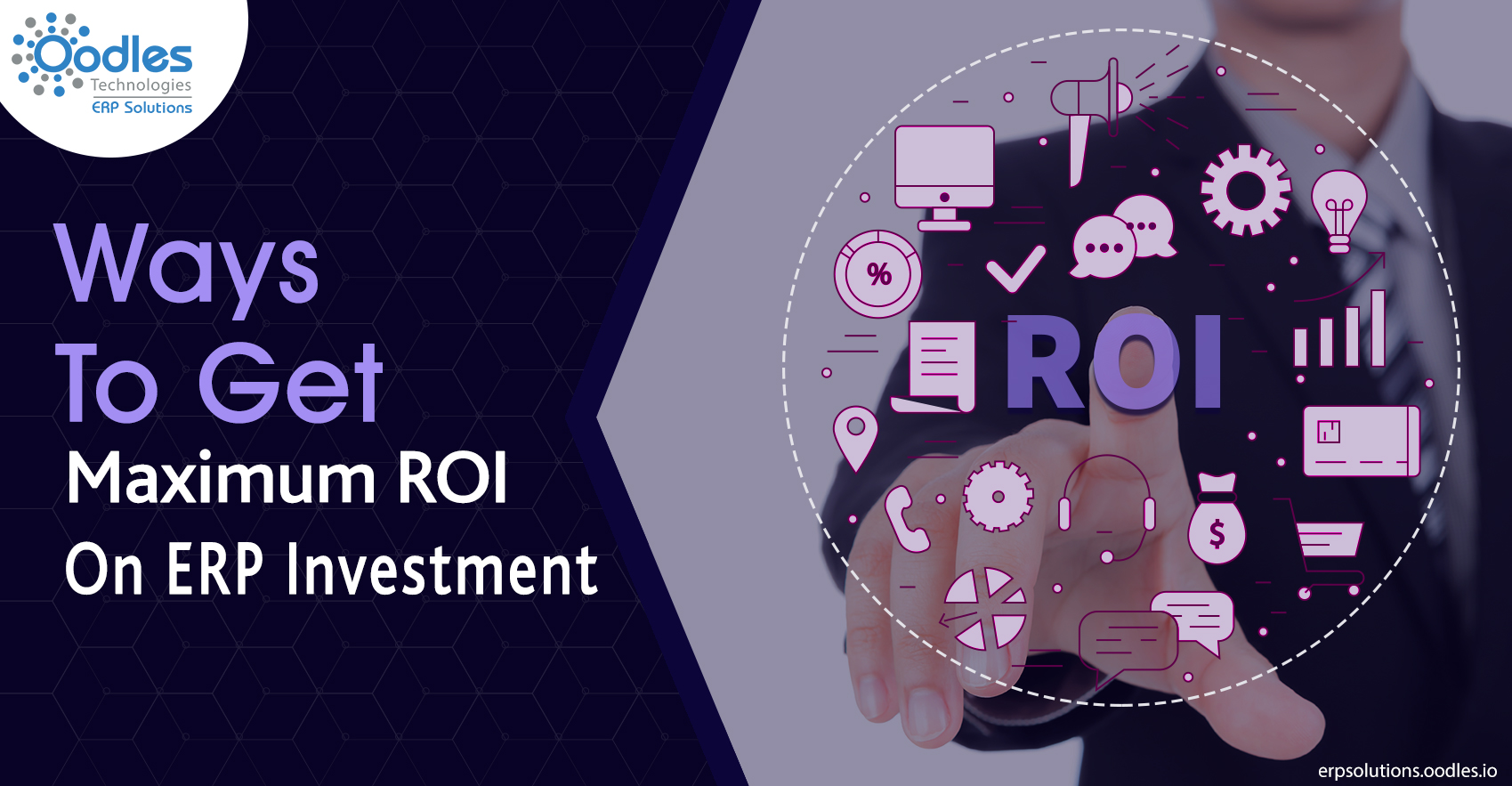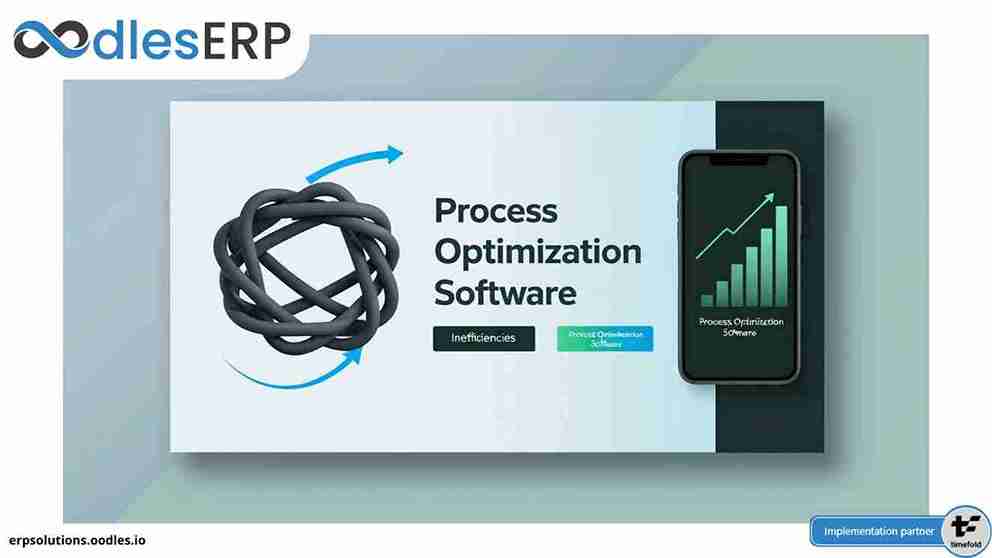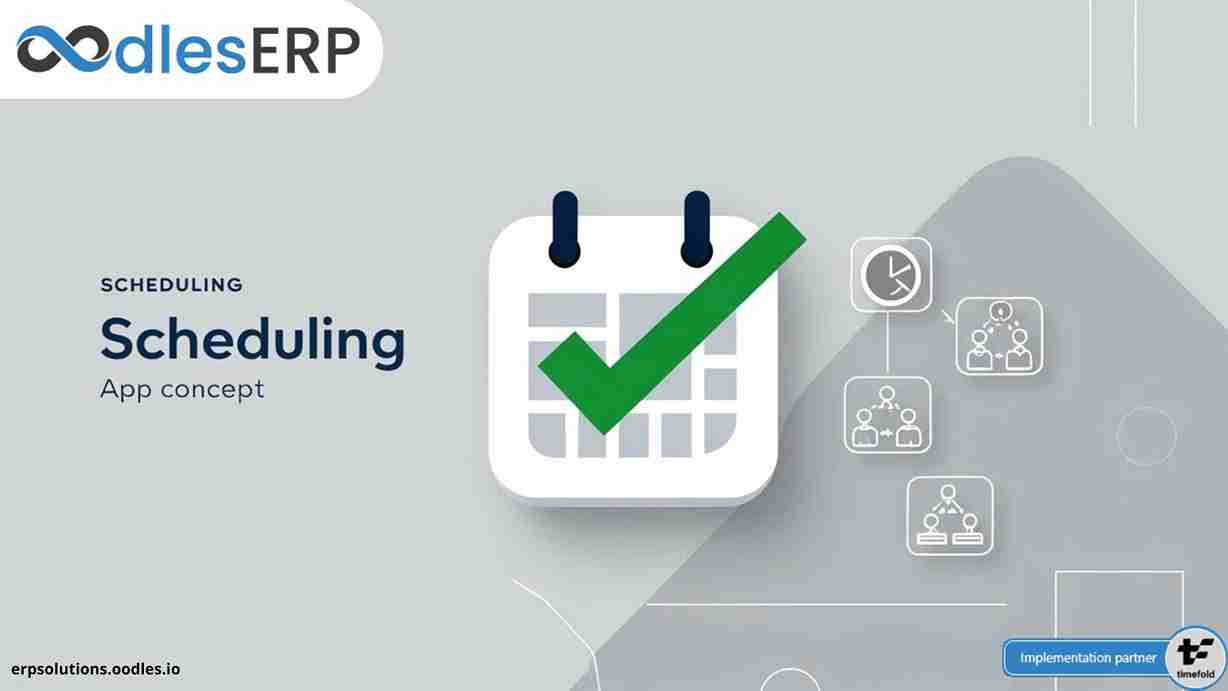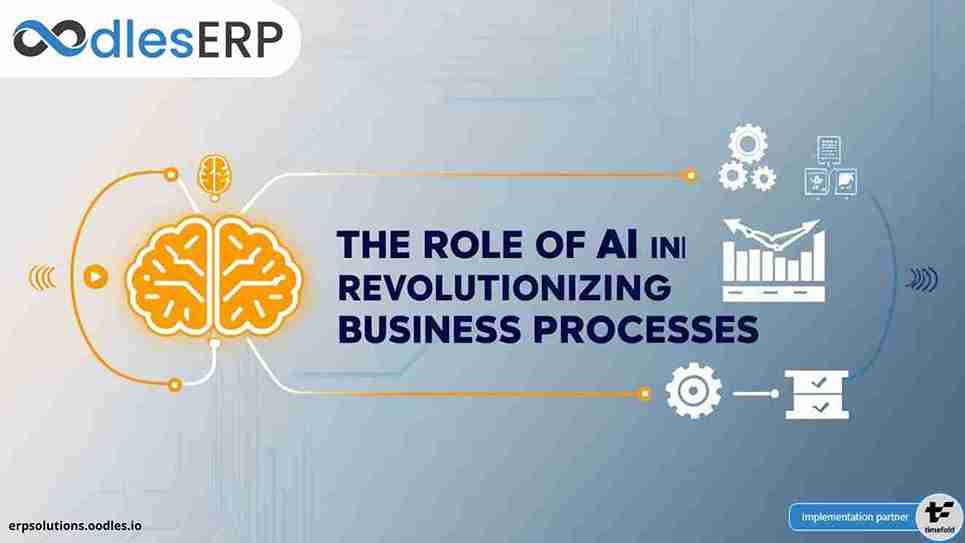Most ERP implementations are initiated, keeping ROIs (Return on investment ) in mind. Beyond everything, business executives deploy ERP systems, using up a lot of resources and money. Therefore, it’s natural to have a concern for their paybacks which an ERP implementation should bring for them. The mistake made by many organizations is that they become passive after ERP deployment. You can get maximum ROI on ERP investment when you keep improving your ERP modules and use them to their maximum potential. Don’t just expect it to work out on its own.
Getting good ROI from ERP implementation depends on how you use an ERP tool and align people, technology, and processes with it.
Use these important points as a guide you to increase ROI on ERP investment:
1. Identify objectives before the implementation:
The first and most crucial step that a company should take is to identify its business objectives. Make an ERP selection based on your specific business targets. Define the KPIs and make a plan to improve it after implementation. A knowledgeable and an expert team should work to evaluate the required features that will meet your business needs in the best way possible. Evaluate all your current business processes before the ERP implementation.
2. Be focused on your goals during ERP project implementation
Most of the companies hugely underestimate the time and resources that would be required to implement a new ERP system. Take care of the ERP expenses and make sure cost over-run does not happen. Because cost over-run can make your ERP implementation a disaster. You need to consider this thing in mind that ERP implementation costs are not just limited at the beginning and there may be extra additional costs. So, always double the number you going to spend to avoid cost-overrun.

3. Check progress
After implementation, you have to support, maintain the system and keep it up-to-date. Without preventative maintenance, the technical aspects of the software would become obsolete. Never use a parallel system with an ERP system. Only run a single ERP software system. Remember, after you go live with the new system, measure KPIs after a period of time. Lastly, make powerful strategies to face and conquer the post ERP challenges.
To Read Next: Steps To Ensure Successful ERP System Implementation









